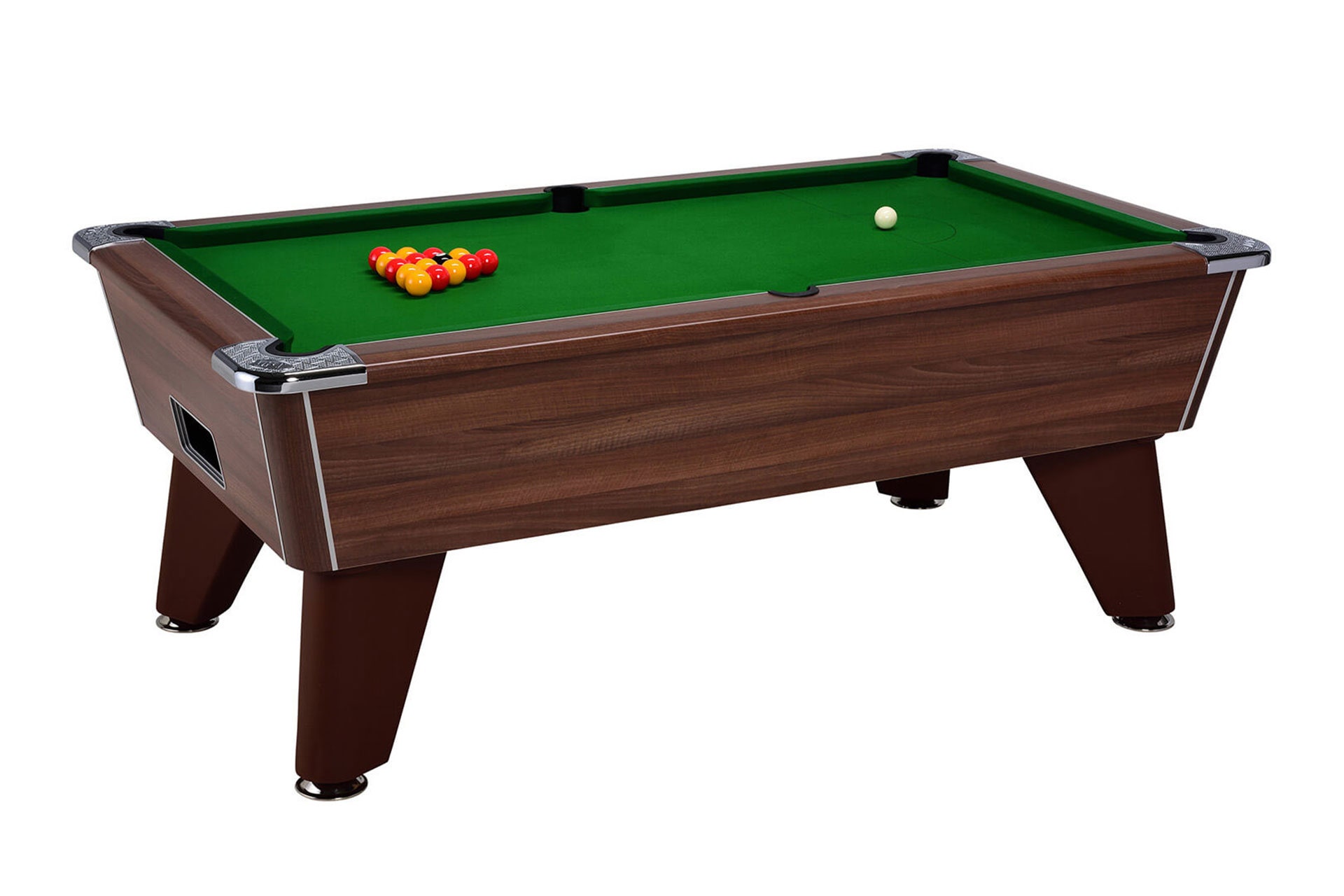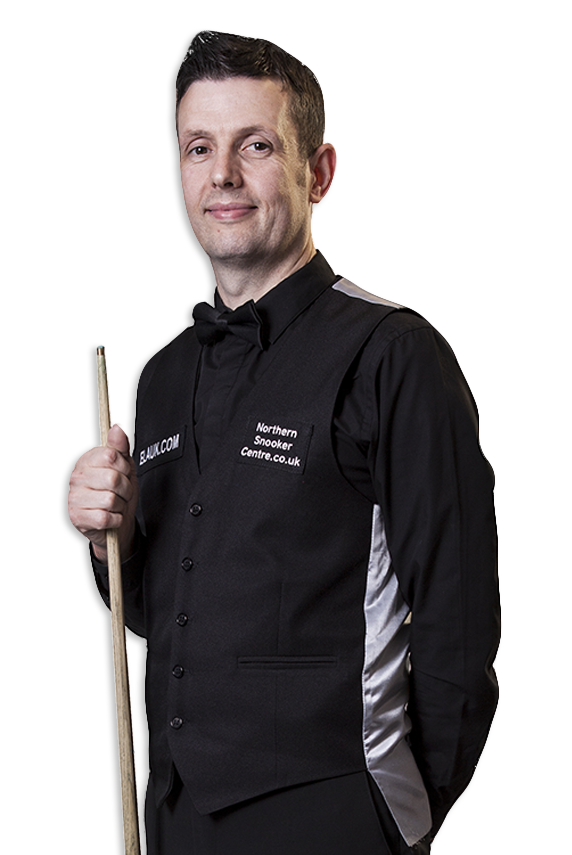
Consider the material before you choose a cue tips. Material can be either medium, hard, or soft. It can also have an impact on the cue's feel, making a firmer shot feel better. It also has an effect on the squirt as well as the sideways tip flex. The shaft flex and endmass are reduced when the tip is soft.
Hard
Professional and high-level players prefer a hard cue tip. It is easier to maintain than a soft tip, and it lasts longer. It does not absorb as much energy as a soft tip.
Soft
A Soft cue tip can be very useful when a player wants a more pliable cueball. These tips are typically made from leather and available in a variety different hardness levels. Materials used to make them can range from laminated leather to single-piece materials. Other common materials include phenolic and bakelite.

Medium
Kamui Cue Tips are made from premium pigskin. They have a ten-layer construction. This construction allows for maximum porosity as well as humidity resistance. These tips have excellent chalk retention, which helps improve tip-grip. These tips are durable and can be bought in a pack containing ten.
Phenolic
Your break shot can be boosted by adding a phenolic tip to your pool cue. The material has a smoother contact surface, and it is more responsive to pressure. These properties make phenolic tips an excellent choice for players who want to increase their power.
Leather
One of the most well-known types of tip is a leather cue. Leather tips are more durable than synthetic ones made of cork or plastic. While leather tips are generally preferred, synthetic ones may be better for home use.
Splice
If you're thinking about buying a new pool cue, there are a couple of different ways to splice the tip of it. Some prefer to hand splice the tips. This method is more expensive and requires more skill. If you want to play with a top-notch cue, you can buy one with a hand splice.

Size
It is a good rule of thumb to ensure that your shaft is the same length as the tip of the cue. This will help you hit the ball evenly and produce less vibration. You will feel more comfortable with your shots if you use a smaller tip.
Materials
Consider the spin and angle of the ball when selecting materials for your cue tip. A slightly rounded tip gives the player the ability to give spin to the ball. A rounded tip is typically rounder than the curvature of a dime. A rounded tip is typically thicker than that of a nickel.